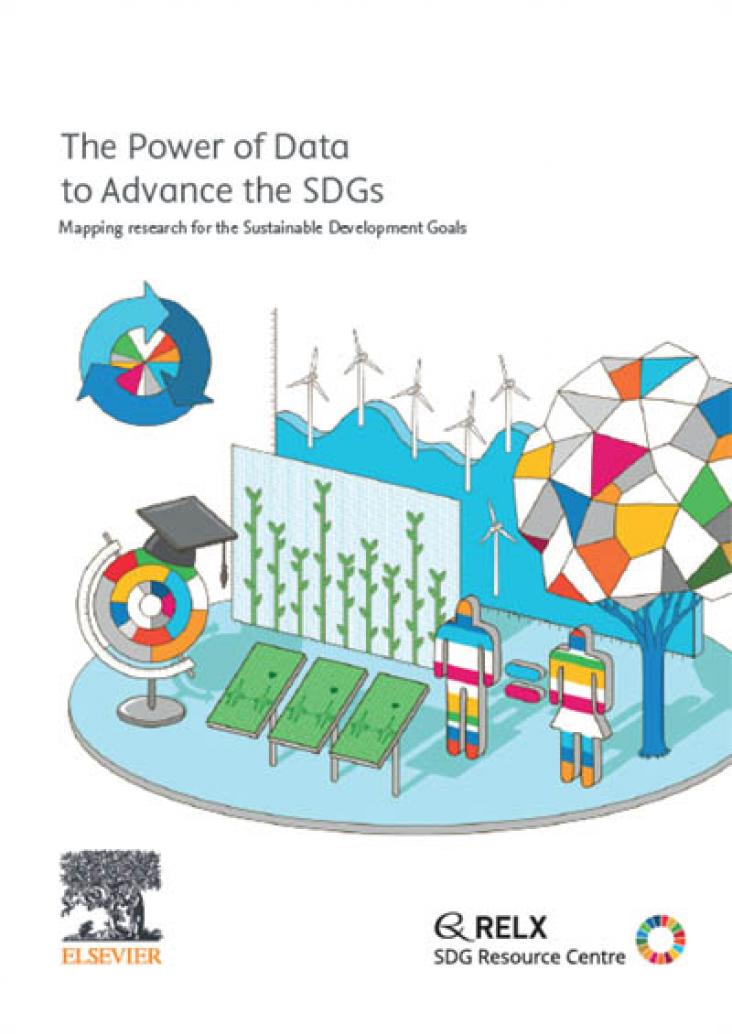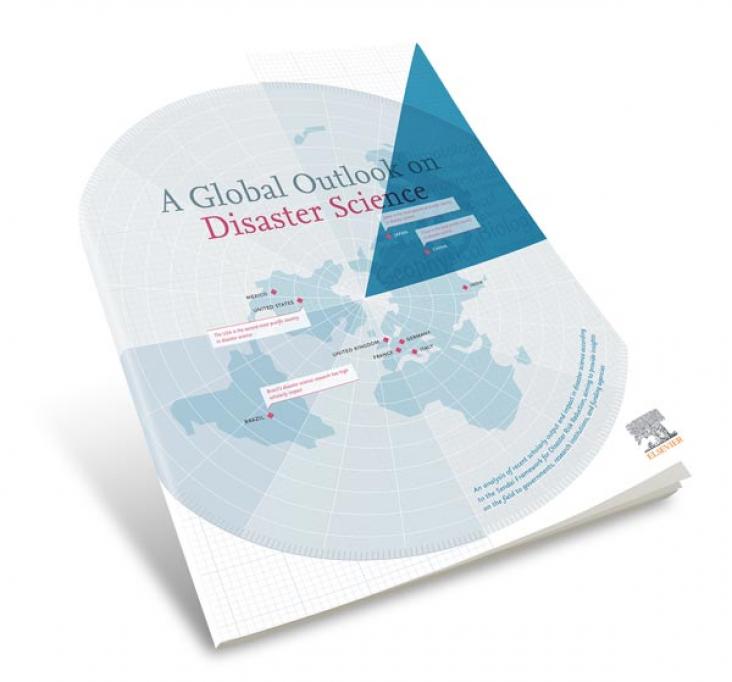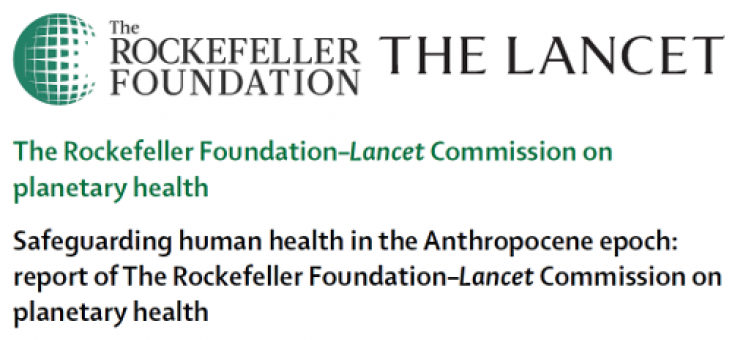Make cities and human settlements inclusive, safe, resilient and sustainable

By mapping the state of research within each SDG area, this report acknowledges the pivotal role research plays in tackling some of the world’s greatest challenges. It aims to better understand the research community’s global sustainable development efforts and assesses the progress made, as well as unmet research needs.

Despite loss of life and economic devastation worldwide due to increasingly frequent natural and man-made disasters, scientific research on disasters represents a small percentage of scholarly output. Furthermore, countries with the highest death tolls from disasters tend to be low-income countries and have low-levels of scholarly output overall and in disaster science; countries with higher research output overall, as well as in disaster science, tend to be high-income countries and sustain the greatest economic losses from disasters. This report advances SDG 11 target 5, which is specifically concerned with disaster risk reduction.

Human health is better now than at any time in history, but these gains have come at a high price: the degradation of nature’s ecological systems on a scale never seen in human history. A growing body of evidence shows that the health of humanity is intrinsically linked to the health of the environment, but by its actions humanity now threatens to destabilise the Earth’s key life-support systems. As a Commission, we conclude that the continuing degradation of natural systems threatens to reverse the health gains seen over the last century. The SDGs provide a great opportunity to integrate health and sustainability through the judicious selection of relevant indicators relevant to human wellbeing, the enabling infrastructure for development, and the supporting natural systems, together with the need for strong governance.
